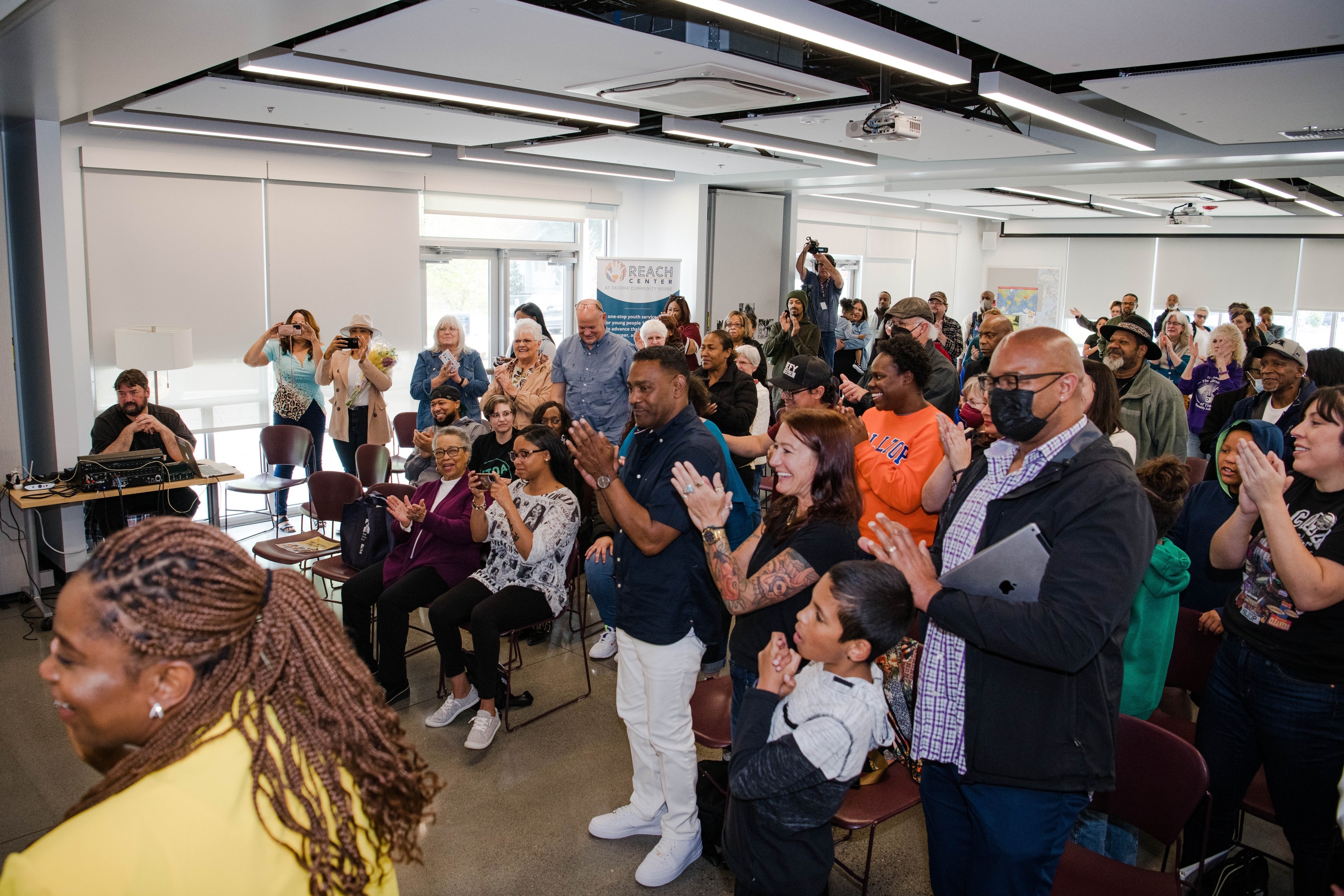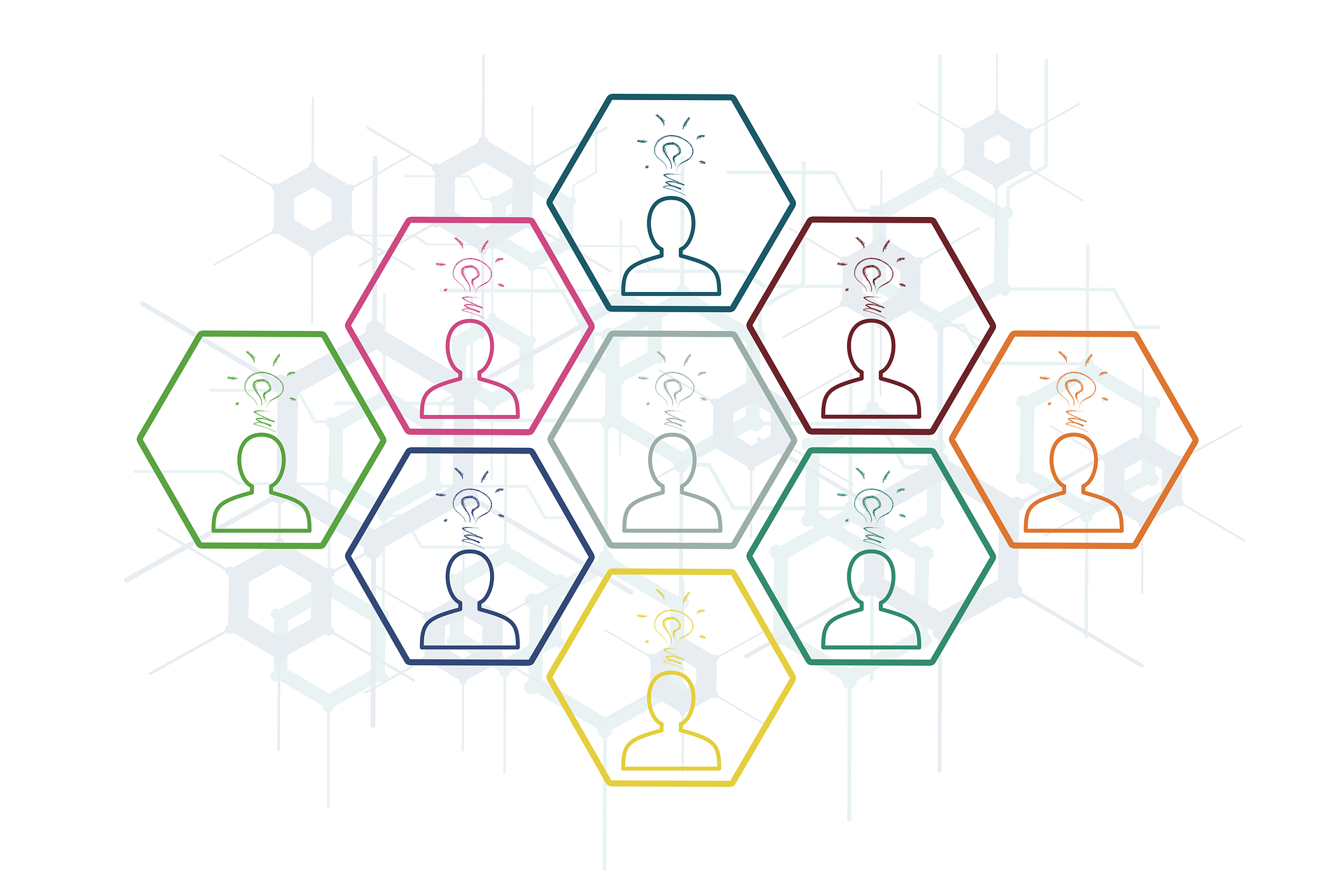Filter Projects by Topic / Status
How do you identify and address technology accessibility and education gaps for refugee women in Seattle?
How can mobile applications expand global literacy? How can we use computational analysis to understand mobile reading patterns in the Global South?
What data should libraries be collecting to best reflect their role & impact in the 21st century? How can we come up with a national plan for US public libraries to collect, store, use, & communicate data?
How does access to information contribute to achieving the sustainable development goals (SDGs)? What roles do libraries play in the United Nations' 2030 Development Agenda?
How can data be collected, managed, analyzed, and visualized to tackle challenges and enable social change and democracy?
How can web literacy trainings be used in libraries to meet the evolving needs of the communities they serve? How can these trainings be adapted and scaled to better help library staff, libraries, and the communities they serve?
Strengthening the library field by gathering and organizing existing data and research about public libraries to provide a central, living collection on a platform that is easy, accessible, usable, and sustainable to help inform researchers and practitioners, as well as policy makers and funders.
How can online education, like MOOCs, best help young adults across the developing world grow successful careers?
Mobile information literacy is vital for those who have leapfrogged from traditional media to digital devices that provide instant access to information. What are the relevant skills, concepts, and attitudes for people using mobile devices, not PCs, to access the internet?
The Information Strategies for Societies in Transition program was developed to address the challenges Myanmar faces as it seeks to “catch-up” in the world’s most economically competitive region. The larger project has four major components: (1) building organizational capacity in civil society, political parties, the media, government ministries, and think tanks to design and implement effective and transparent information solutions; (2) developing and implementing mobile information literacy curricula; (3) growing the capacity of libraries to serve as trustworthy information hubs; and (4) piloting new platforms that tackle digital and information challenges in Myanmar.
What influences the success of regional libraries intended to spearhead national improvements in reading, learning, and information access?
What are the features of effective innovation spaces? What policies and practices support their establishment and growth?
What is the role of library-like institutions in providing public access to information and technologies? How do they compare to libraries?
What is the impact of public libraries in the European Union on library users' lives? How are libraries in the EU perceived and used?
What type of organizations are part of the eInclusion landscape in Europe? What services they provide and to what target groups? How do they collect user data and for what purposes?
How are Georgian civil society organizations using social media to engage citizens, spark change, and shift public policy?
This study reviews the theories and frameworks that address the impact of e-inclusion actors on social and economic participation by marginalized groups to ground e-inclusion metrics and guide policy.
Perceptions of Libraries as Development Partners involves 70 stakeholder interviews in 13 countries to assess the opportunities and challenges in efforts to better leverage and integrate public libraries into development initiatives.
Open Cambodia 2011 convened technologists, human rights activists, and international experts to forge connections and strengthen collaboration with civil society around openness, transparency, and good governance.
The Global Impact Study examined how public access to ICTs — through venues like libraries, telecenters, and cybercafés — changes people’s lives in the areas of communication and leisure, culture and language, education, employment and income, governance, and health.
Drawing on social movement theory, Youth, ICTs, and Democracy in Egypt investigates the actors and networks, organizing strategies and uses of ICTs, national events that influenced social mobilization in Egypt, and external events that shaped international support.
The Framework for Digitally Inclusive Communities convened diverse local actors to advance guidelines to help libraries and other organizations improve access to computers, the Internet, and other vital digital resources.
TASCHA’s study of the 2010 Chilean earthquake examines the role of libraries and telecenters as providers of social and information resources that helped survivors access aid, communicate with friends and family, and mitigate stress.
Immigrant Women & e-Skills in Europe examines effects of non-profit computer training programs on the employability and social inclusion of immigrant women in Hungary, Italy, Netherlands, Romania, and Spain.
Technology for Employability: At-risk youth and people with disabilities in Latin America examined issues faced by these populations as they participated in technology training programs for employability.





